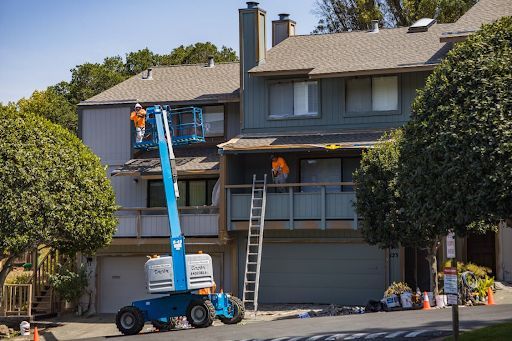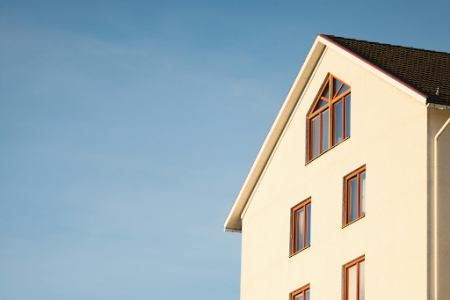Whenever you try to buy a pre-owned car, you know that the outright cost of the vehicle isn’t what you’re going to pay. You need to insure it in your name, pay your road tax, and check when the next MOT is up. If the brakes feel a little loose, you know that’s going to incur a cost sooner or later. In other words, you’re very well aware of the things to look out for, which only improves each time you buy a car of certain models and types you prefer.

Buying a house is a similar enterprise, but much more complex. Unless you’re a vastly experienced homeowner, real estate investor or maintenance expert, you’re not going to know every single possible cost on the horizon past the asking price. Sure, you may have a good idea about the estate agent fees, contract charges and more you have to deal with (even if you’re not the most excited when paying all that), but it’s hardly the end of the story.
Now, a home inspector can at least point out most of the issues before you continue. But we’d also suggest considering some of the following likely costs, too:
Landscaping Requirements
Suppose a household hasn’t been under the best of care. In that case, it’s likely that the previous owner let the garden go and perhaps even become completely wild, which means you’re looking at serious landscaping costs to get things back under control.
Tree removal alone can cost hundreds or thousands if there are big old trees threatening to fall on your house, not to mention hedge trimming, lawn restoration, and potentially removing old uninhabitable sheds or outer structures. We’d suggest you get a realistic quote for garden work before you buy, because refining or refounding a neglected outdoor space can easily add several thousand to your moving costs.
Roofing Replacement Timelines
Roofs don’t last forever, and if the house you’re buying has an older one, you might be inheriting a ticking time bomb. Most roofs need major work or complete replacement every 20 to 30 years, depending on the materials and weather conditions you inherit there.
A professional roofing inspection can tell you exactly what condition everything is in and roughly when you’ll need to start planning for repairs or replacement, almost like a car MOT or reservicing. Budget for roof work early because when it needs doing, it really needs doing, as you can’t exactly ignore a leaking roof and hope it sorts itself out over winter.
Utilities Servicing
There’s a kind of weird old universal law that states old boilers have a way of breaking down the moment you get your keys, and heating systems are also pretty notorious for packing up just as winter kicks in and you actually need them. Electrical systems that look fine during viewings can also turn out to be decades old and ready to cause problems.
Getting utilities properly checked before you buy can save you that nasty headache of restorative work later on, as boiler replacements aren’t cheap, rewiring a house is messy and expensive, and dodgy plumbing can flood your lovely new home before you’ve even unpacked properly. We’re not saying these things will happen, but you know what they say about sod’s law.
With this advice, we hope you can plan for most of your costs, even when buying a new house.






